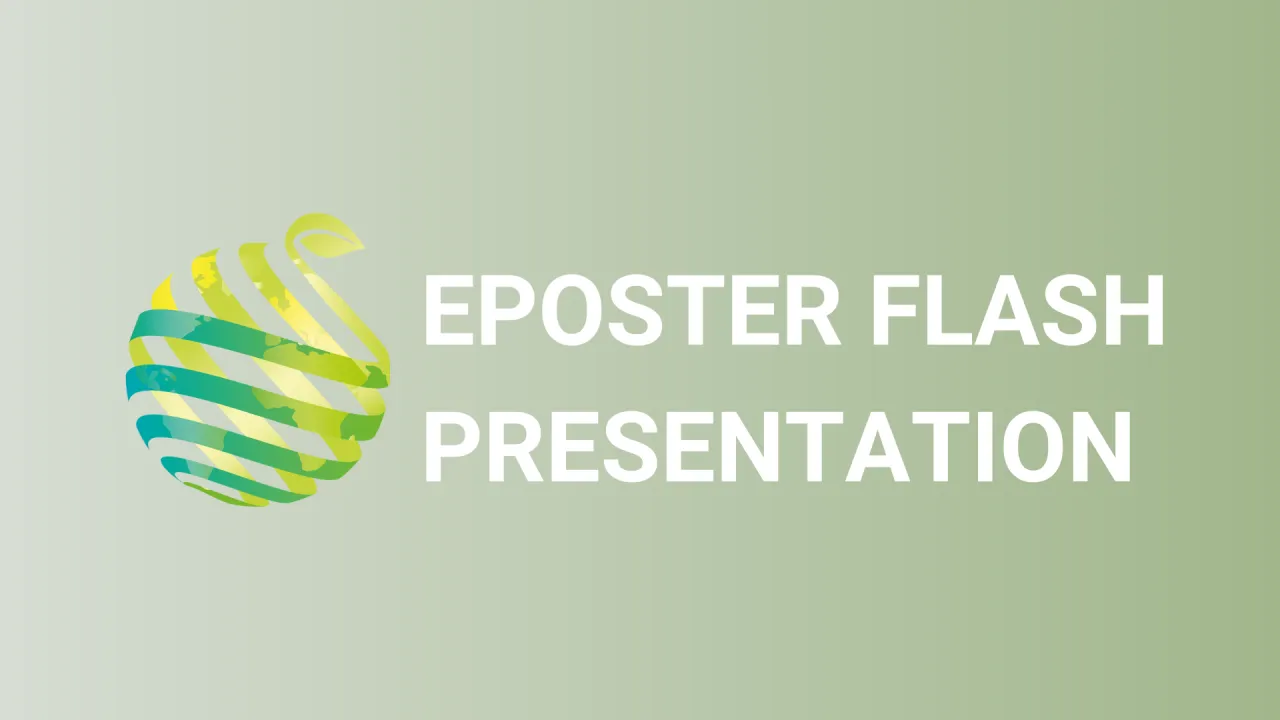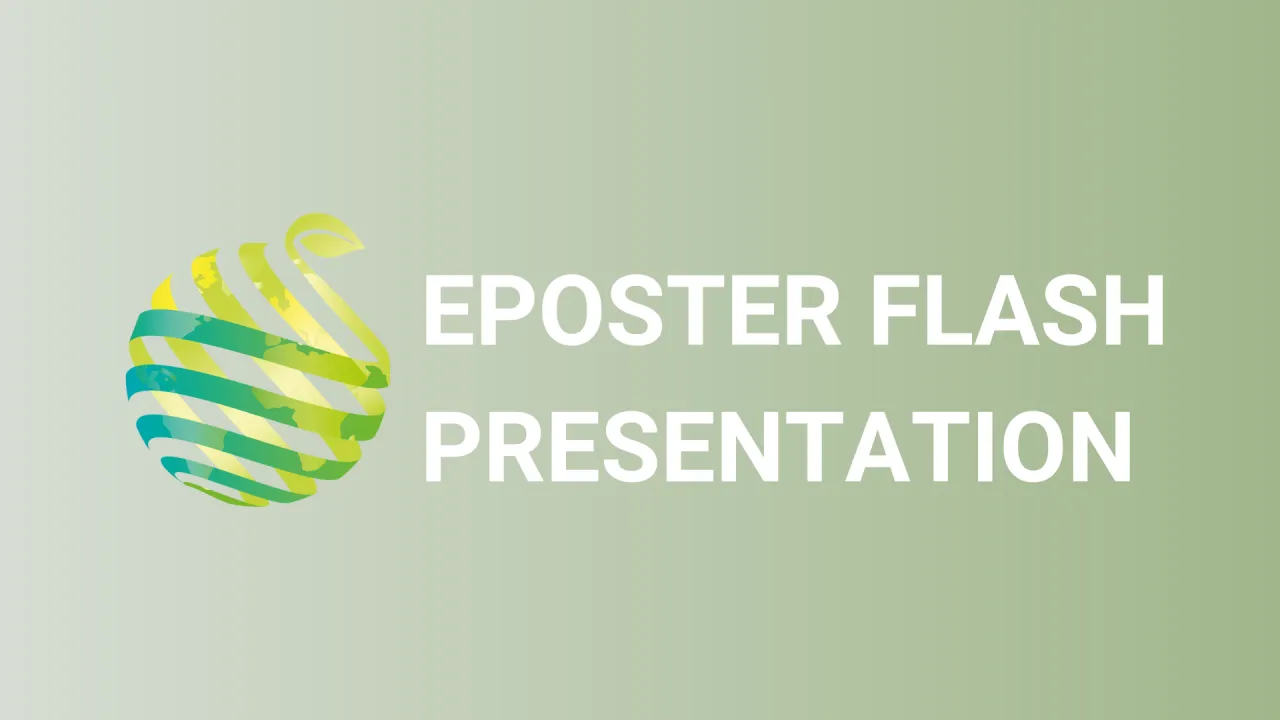

S14 - Session P4 - Resistance monitoring and control strategies to support precision plant protection in horticultural crops in Crete
Information
Authors: Aris Ilias, Konstantinos Mavridis, Kyriaki Varikou, Emmanuel Markakis, Kyriaki Maria Papapostolou, Marianna Stavrakaki, Anastasios Malandrakis, Emmanuel Roditakis, John Vontas, Anastasia Tsagkarakou *
A vast number of pests (such as Tuta absoluta, Bemisia tabaci, Frankliniella occidenalis and Tetranychus urticae ) and pathogens (such as Botrytis cinerea and Alternaria alternata ) infest the vegetable crops in Crete, adversely affecting the production level. Integrated crop protection involves combination of various management approaches including the application of chemical Plant Protection Products (PPPs). However, the intensive use of PPPs resulted in the development of resistance that, in combination with the reduced number of available of PPPs, mainly due to the implementation of novel regulations on registration, practicing integrated crop protection becomes extremely difficult. It is therefore an urgent need to base crop protection management on scientific evidence that would secure successful and sustainable control of pests, minimizing chemical use and residues. The aim of the study was i) investigate the susceptibility of the most important pests and pathogens of vegetable crop in Crete to approved insecticides and fungicides, ii) estimate the presence and frequency of functionally validated or/and new resistance cases (target site or metabolic resistance) via molecular diagnostics iii) evaluate the efficacy of new environmentally friendly products (green chemistry) in controlling resistant insects and fungi. The toxicity assays revealed reduced efficacy of the pesticides tested in most cases. Target site mutations were detected in variable frequency among the pests. Some green chemistry compounds proved to be effective in controlling resistant populations or/and strains. The data generated in the present study provide knowledge on the resistance status of the main pest species and pathogens of vegetable crops in Crete and contributes in improving the integrated control of the aforementioned enemies. Acknowledgements: This work was supported by the Horizon 2020 research and innovation program (Grant: 773902-SuperPests). It was co-financed by the projects "SmartPP" (Crete Operational Program 2014-2020 and co-funded by ERDF) and Agro4Crete (GRST, PIP, code 2018 ΣΕ01300000)